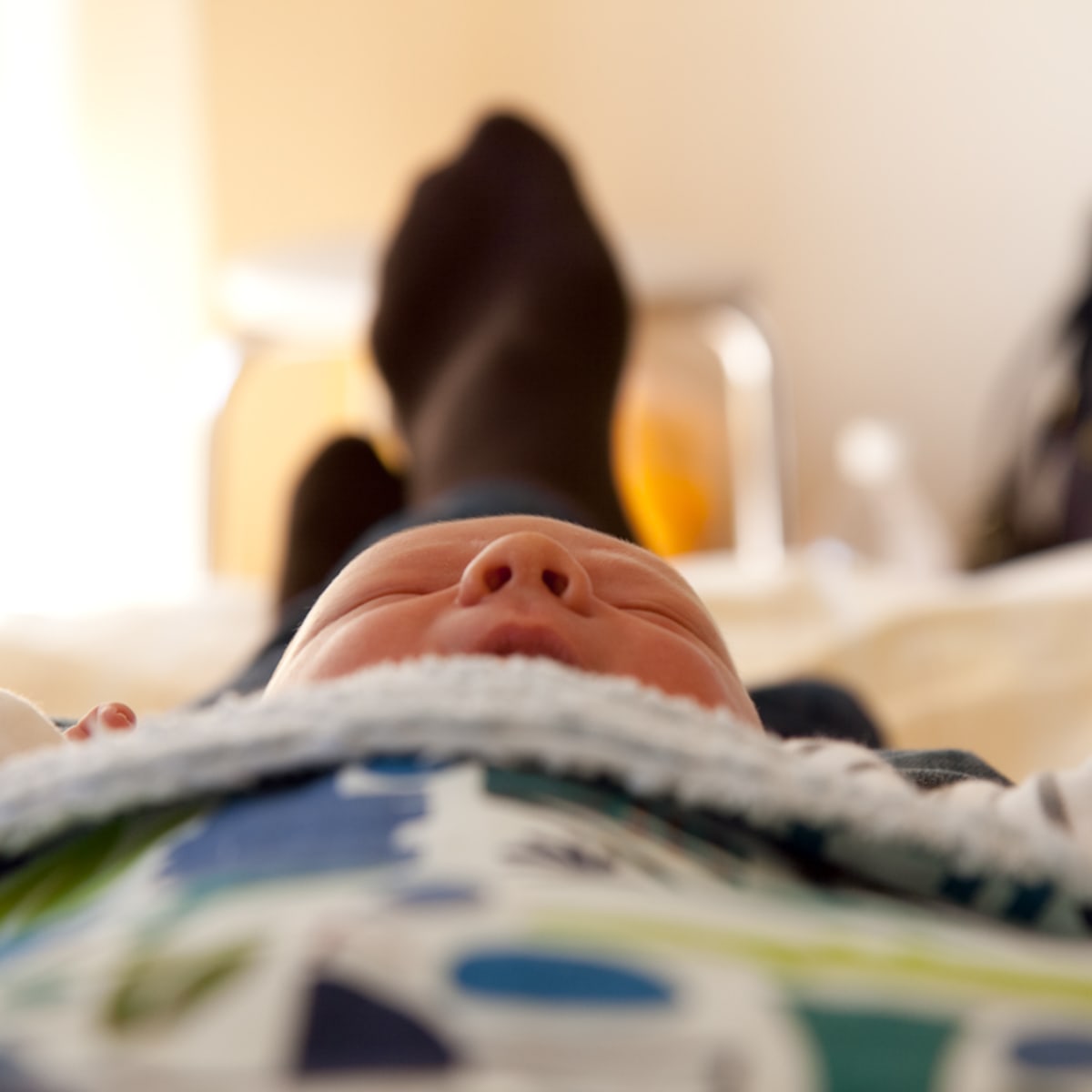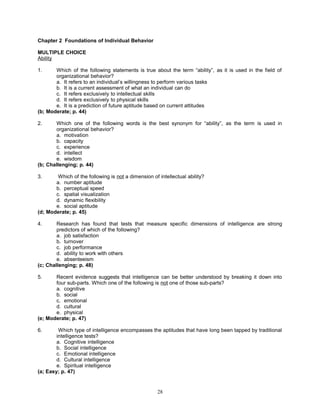A decline in overall satisfaction is a common pattern for with-child and childless couples d. Multiple Choice Parents who live vicariously through their children are less likely to experience empty nest feelings.
The more children couples have the lower their level of marital satisfaction.

. One interesting gender issue concerning satisfaction in retirement is that a. Gender issues have no influence on retirement satisfaction. Satisfied retired wives tend to have been influenced to retire by their husbands.
C Partners who hold overly positive but. Parents who live vicariously through their children are less likely to experience empty nest feelings. Parents might find themselves dealing with boomerang kids Marital partners have less time for each other with their children gone.
A Parents who live vicariously through their children are less likely to experience empty nest feelings. Thus the postpartum declines that we found in the present study do not appear to be due to a transition. CA decline in overall satisfaction is a common pattern for with-child and childless couples.
For most parents marital satisfaction decreases during the years after child rearing. Couples who are child-free due to infertility tend to have high levels of marital satisfaction. Childless couples show no decline in marital satisfaction over time b.
Parents who are heavily invested in their children may suffer from a decline in marital satisfaction after children have left home. Traditional gender roles may create difficulties in older retiring males. Parents of adolescents exhibit lower marital satisfaction than parents of infants.
Which statement concerning marital satisfaction and having children is true. BThe fussier the child the less the drop in satisfaction as parents devote more time to child care. B For most parents marital satisfaction decreases during the years after child rearing.
Regarding empty nest syndrome which of the following statements is TRUE. Which of the following statements regarding marital satisfaction is FALSE. Lawrence Nylen and Cobb 2007 analyzed trajectories of marital satisfaction from the beginning of marriage through the third trimester of pregnancy and found that levels of marital satisfaction remained relatively stable for husbands and declined for wives during this period.
AChildless couples show no decline in marital satisfaction over time. Which statement concerning children and marital satisfaction is true. Couples who are child-free due to infertility tend to have high levels of.
For most parents marital satisfaction decreases during the years after child rearing. B Quality of the marital relationship predicts positive mental health for women but not for men. Parents exhibit lower marital satisfaction than non-parents.
Which of the following statements about marital satisfaction is true. The fussier the child the less the drop in satisfaction as parents devote more time to childcare c. A Women tend to report feeling slightly happier with their marriages than men do.
Couples with children show a decline in marital satisfaction while those without children show an increase. Finances are only important to male retirees. C Empty nest syndrome may involve boomerang kids.
Question 29 Which statement concerning children and marital satisfaction is true. Mothers of infants exhibit the largest decrease in marital satisfaction. Asked Mar 25 2016 in Psychology by CooperAtlas.
Couples with children show a decline in marital satisfaction while those without children show an increase. The birth of a child is usually viewed as a positive event even though. Which statement concerning marital satisfaction and having children is true.

Parents Of Exceptionally Resilient And Smart Kids Do These 7 Things Says Psychologist

Why Most Men Think They Re Over Working As Parents When Quantitatively This Isn T True Pacific Standard



0 Comments